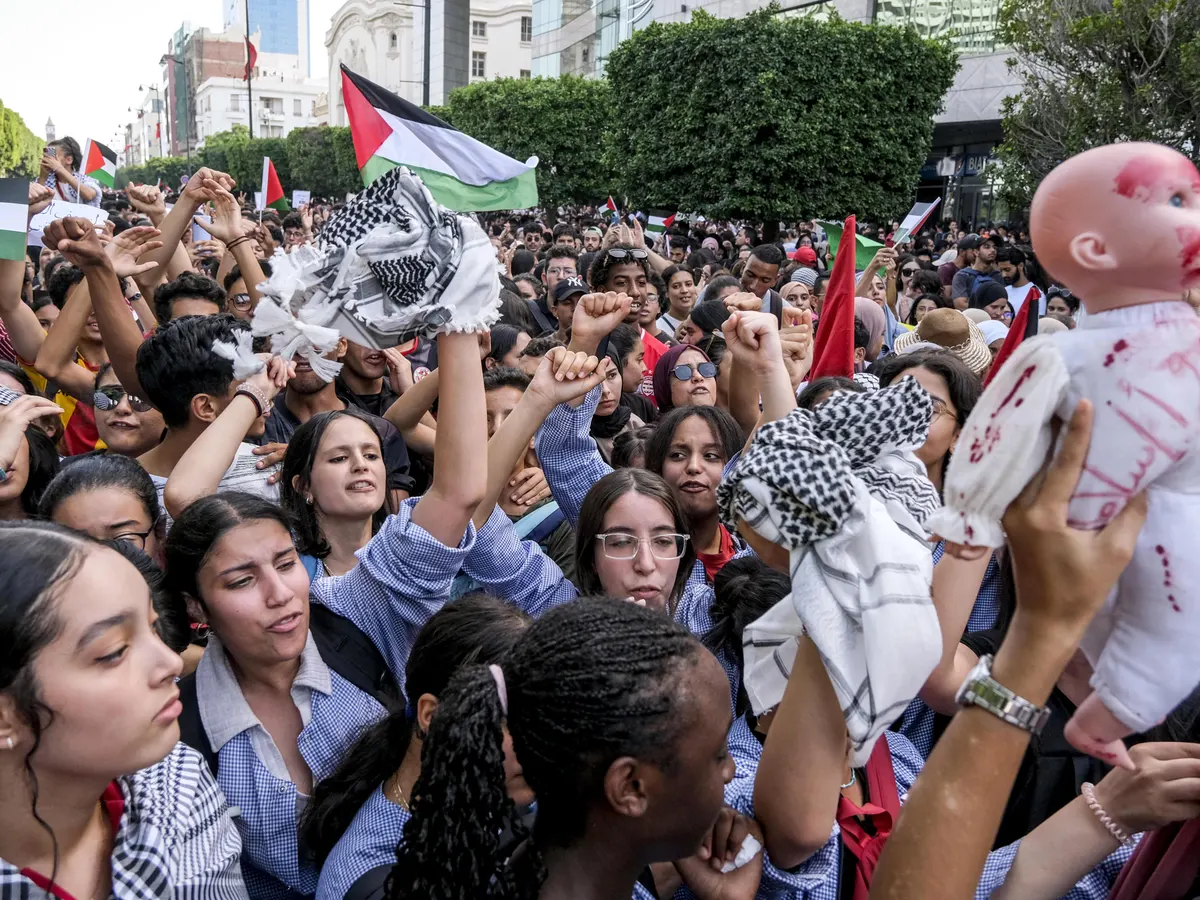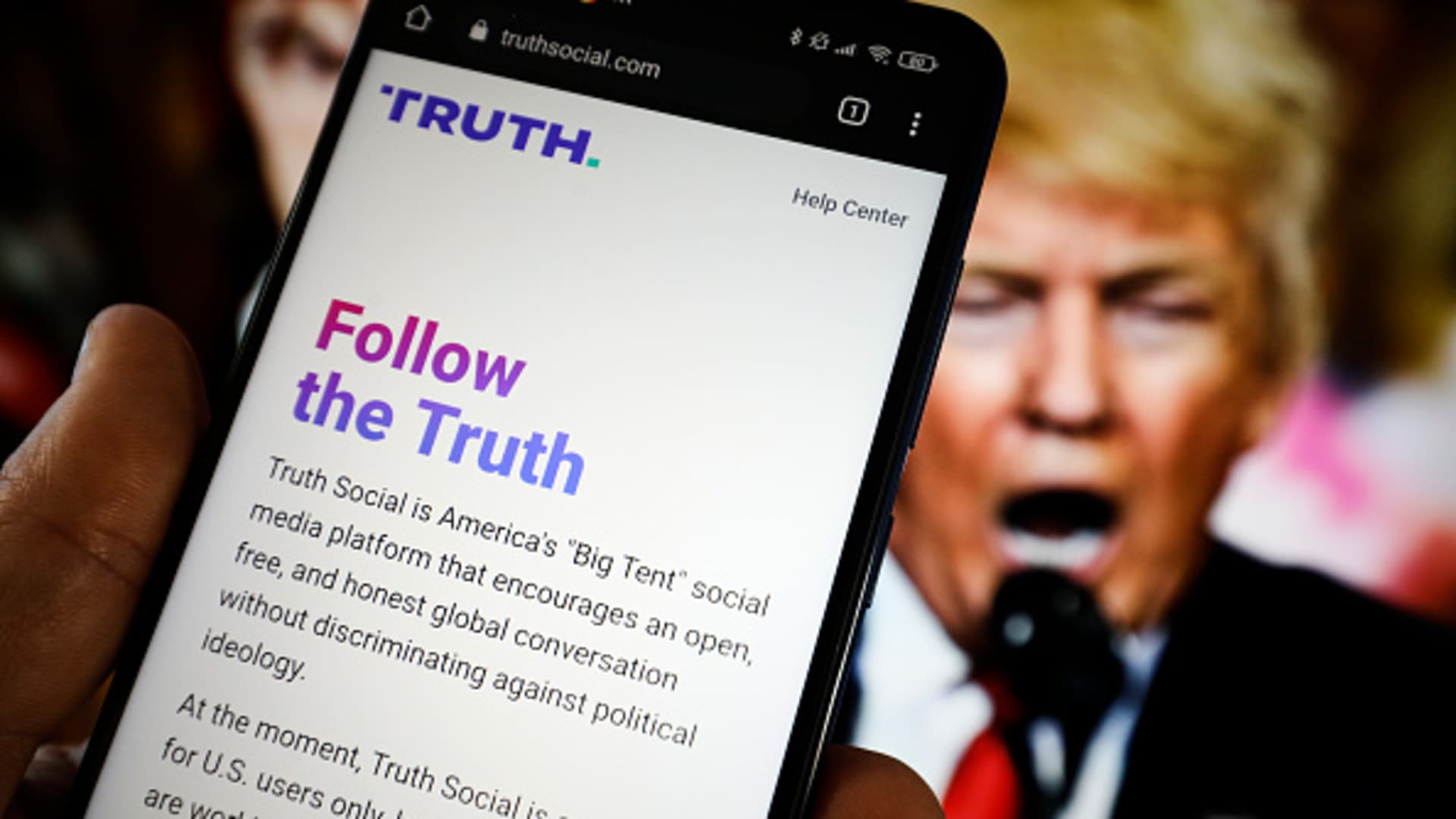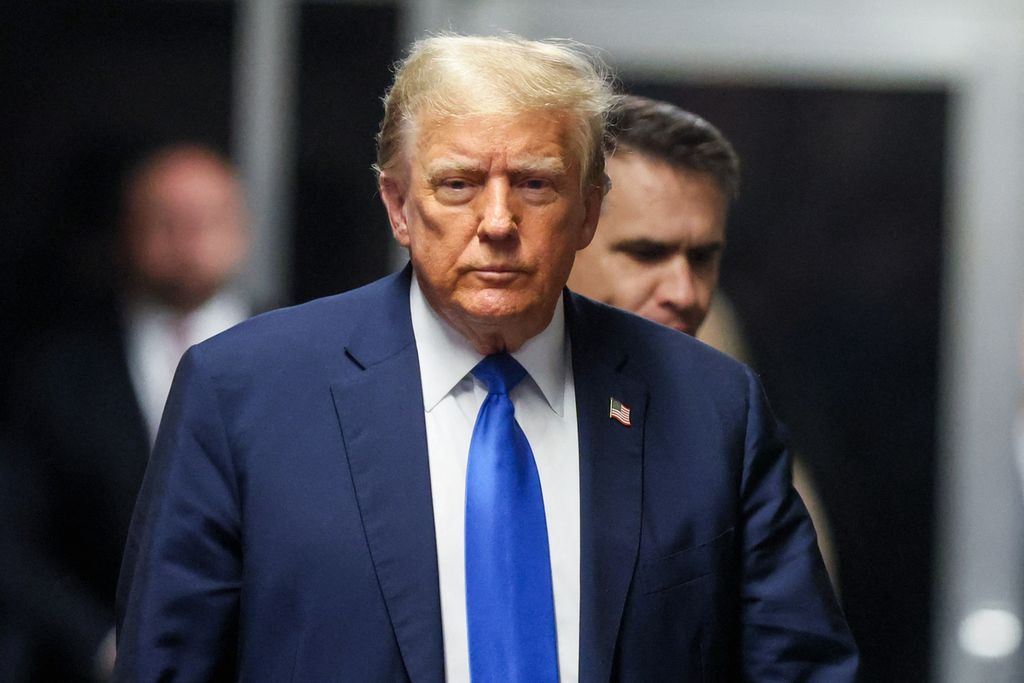As anger abounds over the expanding violence being waged in Gaza, leaders in Arab countries are rapidly stifling protests and demonstrations by their citizens. They are doing so in the wake of the broad support lent to Palestinians after the recent military campaign waged by Israel against Hamas in Gaza. Fueled by high emotions, not to mention numerous images of havoc and devastation spreading on social media, the people pressure their governments into adopting a stronger position against Israel.
At the same time, many leaders are afraid of potentially dangerous public unrest and, fearing for the safety of their regimes, are preventing public assemblies. This situation has sparked much outrage and backlash as many human rights defenders and activists have accused Arab countries of preventing their people from exercising the right to free expression and repeated assembly.
Unfortunately, it is difficult to say whether and how all of these measures could help to curb the mounting levels of anger among Arab populations. Continuing the train of thought, the recent protests in Gaza is another reason for such draconian steps by the Arab authorities. With all this imagery spreading on social media, numerous people from Arab countries have likewise wdbos been protesting on the streets.
They are demonstrating their attitudes of support and condolences to Palestine and imply that Arab leaders have a moral duty to support their fellow Arabs by openly condemning Israeli aggression. However, some of the states are responding in tough ways.

Arab Leaders’ Response
Given the above, Arab leaders are disturbed by possible mayhem resulting from massive protests. Thus, they have implemented anti-speech and protest laws that have banned public gatherings. Indeed, the various governments have deployed security personnel who use force and unlawfully arrest protestors. This means that proactive measures had been taken to monitor the social media platforms that facilitated the events.
For one, these measures indicate that the citizens’ leaders prioritize political subsistence and longevity over citizen demands. Indeed, they believe that continuing these protests would brew more conflict and they could lose control. Therefore, the anti-protest and free speech measures are aimed at salvaging their authoritative power. Conversely, however, these precipitants have attracted widespread criticism from the citizens and the international community. Anti-protest and free speech measures
Anti-protest and free speech laws have raised alarms concerning the marginalization and alienation of citizens across Arab nations. Human rights bodies have conclusively rejected these activities that cripple the freedom of peaceful assembly and expression, insisting that citizens have the right to express themselves and bring positive change to their communities. Arab governments allied with the argument that they cannot allow threats capable of destroying a stable society.
Hence, protestors and demonstrators would be dispersed at the expense of some laws and the security of the citizens. The measures seem to contradistinct what the two parties believe since they aggravate the resentment and discrimination.
Human Rights Concerns and International Reaction
International communities have also reacted to the suppression of both protests and freedom of speech in the Arab world. Human rights NGOs such as Amnesty International and Human Rights Watch have condemned the actions of Arab governments. They call for an immediate cessation of the crackdown and a return of basic human rights. The United Nations and world leaders have also reacted to the situation.
Many have condemned the crackdown and called for restraint and respect for human rights. They further called for the solving of violent conflicts through diplomatic means. However, the reaction of Arab governments and leaders has varied. Some Arab leaders continue to insist that such reactions are foreign interference in their affairs.

Media Coverage and Social Media Activism
Many have reacted to the Gaza conflict and the crackdown on protests, and the opposition through the media. Media reports on the ongoing protests, the crackdown by governments, and the impact of the crackdown on regional stability. Social media has also played a critical role in the dissemination of information and organization of protests.
Activists and supporters of the Palestinian cause have been flooding social media outlets with images, videos, and stories with messages of solidarity, support, and justice. They use hashtags and establish campaigns calling for justice or condemning the violence, hence raising awareness. However, the increased surveillance by government agencies and their organizations has been used to spread information regarding Masri, causing the acceleration of hostilities.
Impact Protests on Regional Stability and Relations
The suppression of protests and growing anger over the conflict in Gaza have far-reaching implications for the Arab world and the broader region. Governments are caught between the conflicting goals of upholding their citizens’ demands and maintaining diplomatic relations and regional partnerships. Furthermore, the conflict has clearly shown various fault lines within the Arab world, with some countries openly condemning Israel and others maintaining silence or expressing support.
The suppression of protests and violent tactics used by Arab governments only add to the growing tensions in the region. The anger and frustration felt by the Arabs can easily evolve into larger-scale riots, destabilize inherently weak countries, and threaten regional stability. Moreover, the relations between Arab states and Israel will be severely strained, as governments will be forced to give in to public pressure to demonstrate a stronger opposition to Israeli aggression. Calls for Diplomatic Solutions and International Intervention
Human Rights Concerns and International Reactions
Despite the desires and actions of multiple parties, attempts have still been made to de-escalate the situation and ensure a ceasefire through peaceful negotiations. Indeed, many see no alternative to a peaceful settlement to the situation through the prism of diplomacy. At that, the parties involved in the mediation process, including the United Nations and neighboring countries, have been called upon to take active roles in stopping the violence and achieving a lasting ceasefire.
It has also been stated that the international community should hold all accountable, sanctioning the weak Arab governments taking one side or the other and punishing Israel through economic and political restrictions. However, with the existing negative trends, it is difficult to say what the real prospects for peace are.
Media Coverage and Social Media Activism
Role of Civil Society and Grassroots Movements: Finally, given the violent and repressive crackdown on protests and expressions of dissent, civil society organizations and grassroots movements are increasingly occupying the space left by political parties and institutions. Civil society organizations remain a key actor in efforts to organize protests, raise awareness, and provide support for the Palestinian people, and they do so under immense risk and repression.
Civil society organizations’ steadfastness and steadfastness in the face of pressure from authoritarian regimes is critical in ensuring that the voices of Palestine’s most marginalized citizens are heard and that their human rights are upheld. It is civil society organizations that will play a crucial role in the future of the region and its relationship with Israel. Conclusion and Outlook.
Arab governments moving into Gaza have found themselves stuck between the demands of their citizens and the need to preserve power and security. The crackdowns on protests and free speech that many of these leaders have resorted to are their attempt to balance that equation. However, that repression also is a gross violation of human rights and free speech. The future of the region will depend on the response from the international community.
Diplomatic discourse, international advocacy, and grassroots activism all offer potential avenues for jumping starting accountability and finding a solution. The road ahead is unknown, as is typical in situations such as this, but the surge in support for the Palestinians and the demand for justice is impossible to ignore.

The Impact on Regional Stability and Relations
As the world looks on, Arab leaders are forced to walk a fine line of their own and somehow lend an ear to the demands of their people without sacrificing stability. The political future of the area and its dynamic with Israel will rub on what’s said and done in the following days, weeks, and months. Are we looking at real change approaching or just a deeper rift being drawn? Time will show.
If you found this article insightful, you might also enjoy delving into our piece on green spaces. Exploring the importance of natural environments in urban settings, it sheds light on how such spaces contribute to physical and mental well-being while fostering environmental sustainability. Discover the transformative power of green spaces and their potential to shape healthier, more vibrant communities.





